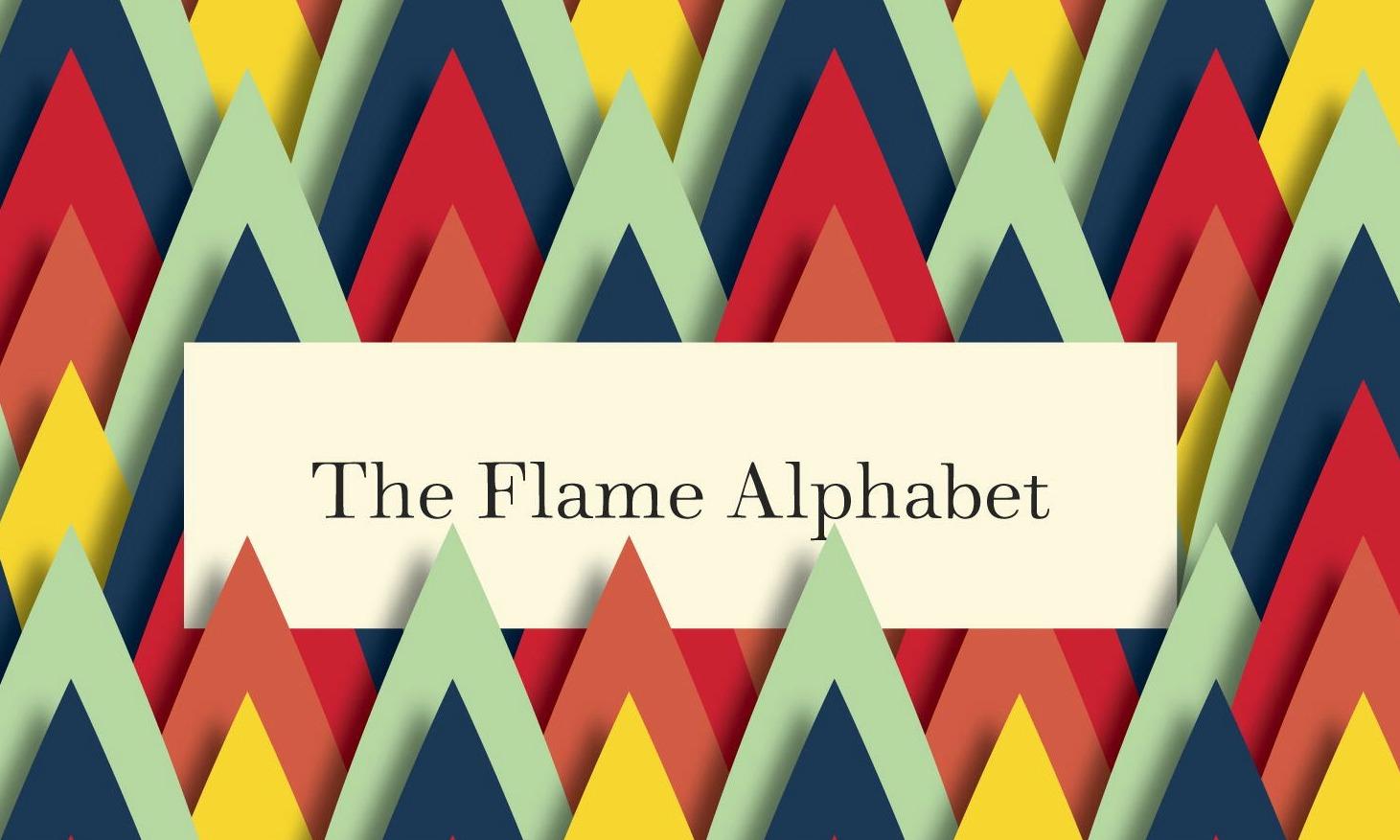The Flame Alphabet
A detail of the cover of “The Flame Alphabet”
William S. Burroughs famously said that “language is a virus.” NovelistBen Marcustook Burrough’s line as inspiration for“The Flame Alphabet.” In the book, the language of children has become literally poisonous to adults, and a married couple with a teenage daughter is faced with terrible choices.
She muttered in her sleep and awake, she spoke to us, to others, into the phone, out the window, into a bag, it didn’t matter. Nice things, mean things, dumb things, just teenagers’ chatter like a tour guide to nothing, stalking us from room to room. She did it without thinking and she did it to herself and it was we alone who were sickened, but of course we’d find others, too.
Eventually, civilization becomes undone as parents abandon their children and finally give up language. The children become corrupted by their power, using the language violently against the adults. There are obvious resonances with abuse, bullying, and argumentative teenagers, but also the visceral potential of storytelling itself.
“I wanted to think of the book not just as some fanciful invention, like ‘wouldn’t it be cool and weird if language did this,'” says Marcus. “This idea of ‘sticks and stones will break my bones, but names will never hurt me’ always just seemed crazy. Language can be so potent and so painful. And the best literature is that. Just through words, we enter a world that doesn’t exist.”
Excerpts from the story are read by Ed Herbstman, and feature original music byJason Cady.
